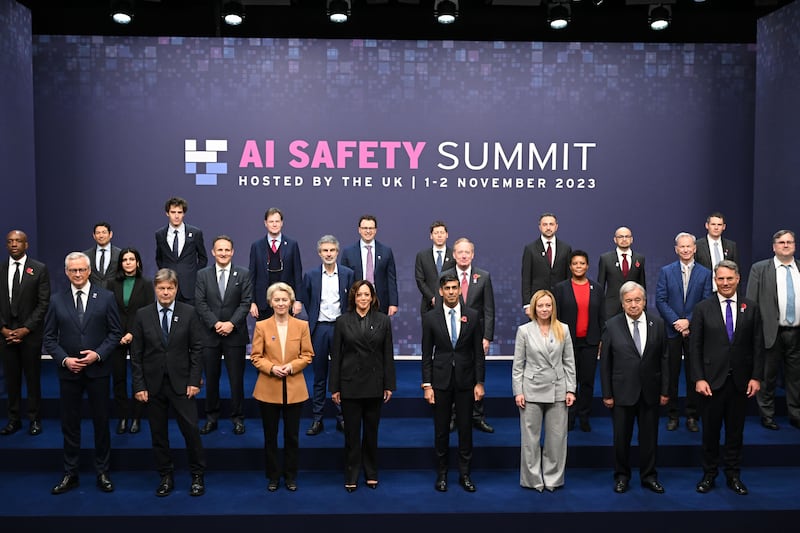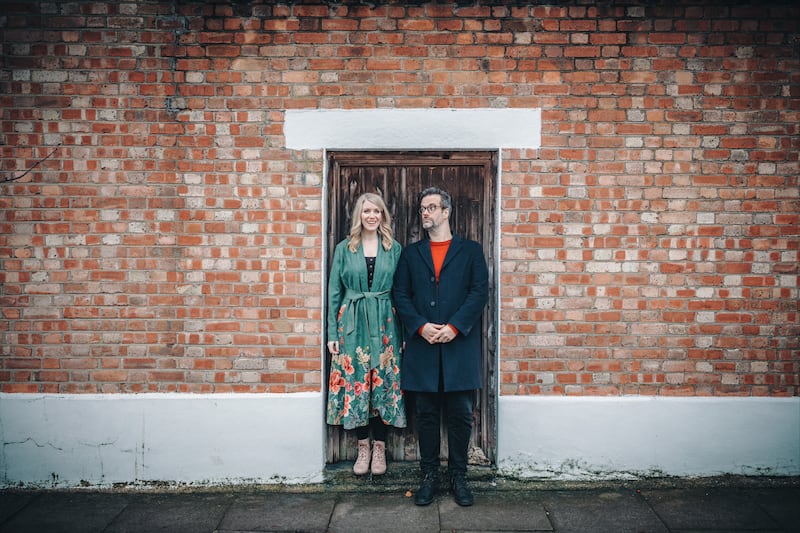Social networks and Government have been urged to take the health of online communities more seriously, after a study revealed the extent to which young people use the likes of Facebook and Twitter for social change.
Almost two thirds of young Britons (64%) told the Demos think tank that they saw their usage of social media as an essential part of achieving social change, but it is feared that there could be a potential activism gap excluding vulnerable or unskilled groups.
Results from the Facebook-supported survey of 1,000 Britons aged 16-25 show that 65% feel that what they do on social networks is misunderstood by older generations, while 55% of 35-50 year olds agree that they do not understand the positive ways young people use social media.
“At a time when digital platforms are facing serious criticism for mishandling the spaces they are responsible for, this research finds young people are still optimistic about how these platforms can be used for good,” explained Alex Krasodomski-Jones, author of the paper.
“As social action goes digital, we cannot allow it to benefit only those parts of society comfortable and capable of using these spaces.
“Recognising the power digital platforms now wield in shaping our society means ensuring they are open, accessible, transparent and reflective of the full breadth of our democracy.”

It is estimated that half a million young people now engage with political groups through social networking websites like Facebook and Twitter, with nearly one in four communicating with community groups, charities and campaign groups.
In response to the findings, Demos is calling on both social networks and the Government to start measuring the impact of online social action and helping those who are digitally excluded.
“Young people have grown up with digital technology so it’s important the time they spend online is meaningful and that their views are heard,” said Antigone Davis, global head of safety at Facebook.
“This report gives us more insight into the inspiring ways that they are using social media to drive change in the real world, and reveals that we don’t always understand how this smartphone generation are using these platforms for good.
“This is not to suggest that the risks young people can face online should be ignored and we continue to invest heavily in tools, new technologies and resources to help make sure everyone who uses Facebook is safe.”








